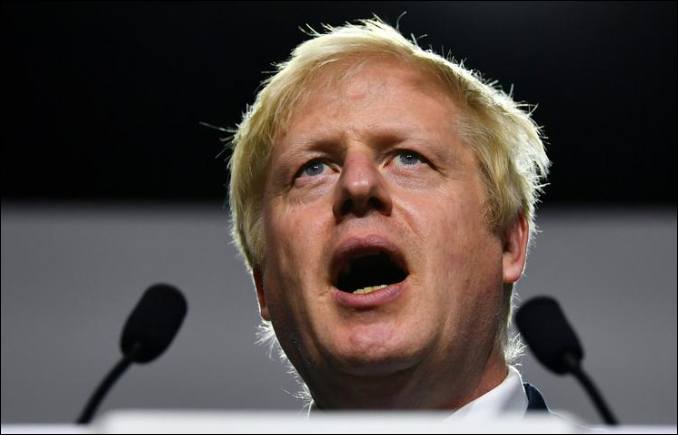×
The Standard e-Paper
Fearless, Trusted News

Prime Minister Boris Johnson's decision to suspend parliament until 14 October, just two weeks before the date of Brexit, sparked a wave of indignation in the United Kingdom, where a petition against the measure gathered Thursday more than one million signatures.
The pound fell 0.6% against the euro and the dollar after the announcement of the suspension that reinforced the assumption of a "no deal", raising fears of shortages and the restoration of customs duties.